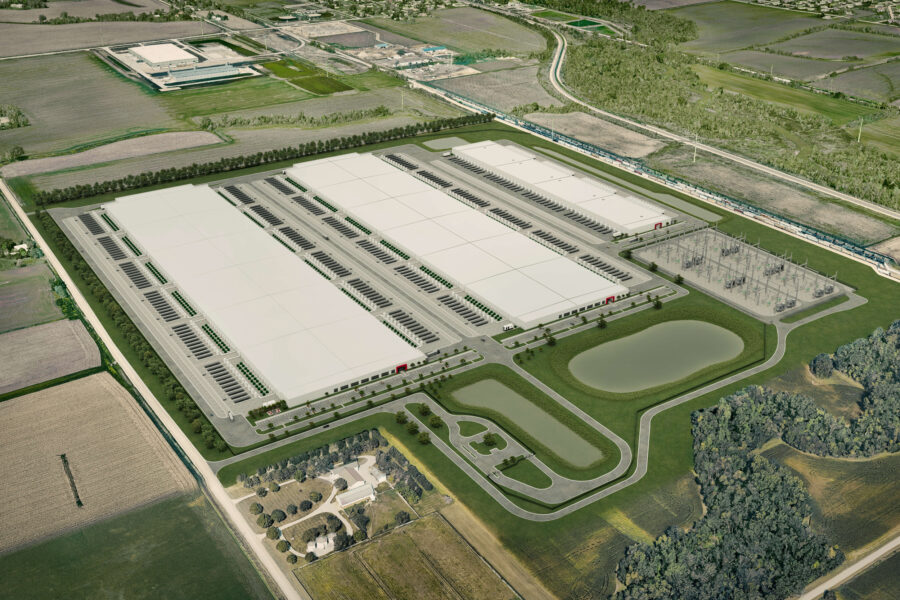ExxonMobil has told a federal judge in New York that it intends to continue its vigorous legal challenge to climate change fraud investigations by the attorneys general of Massachusetts and New York.
The company wants U.S. District Court Judge Valerie Caproni to reinstate a sweeping discovery order won in a Texas court that would allow it to depose Massachusetts Attorney General Maura Healey and New York Attorney General Eric Schneiderman, as well as dig into the attorneys generals’ investigative files on the company.
The latest request comes in the wake of a decision last month by a federal judge in Texas to transfer the case on the grounds that New York is the proper jurisdiction for the proceeding to play out. Exxon explained its decision to continue fighting to derail the two investigations in a joint status letter sent to Caproni on Wednesday.
Healey and Schneiderman both rejected Exxon’s view. They said the company’s federal complaint should be dismissed because the proper venue for it to fight the two investigations is not in federal court but in state courts in Massachusetts and New York where cases are pending.
Caproni has scheduled a hearing on April 21 for Exxon and the attorneys general to begin formally arguing their positions.
The New York and Massachusetts investigations focus on whether past statements by Exxon questioning climate change science and downplaying risks to the company constituted a form of fraud against the public and its shareholders.
Those investigations prompted Exxon to go to federal court in Texas last year for an order halting the probes.
The company, which is headquartered in Dallas, found a judge sympathetic to its arguments. In a ruling last year, U.S. District Court Judge Ed Kinkeade ordered Healey and Schneiderman to appear for depositions under questioning by Exxon lawyers. Kinkeade justified the order by saying he thought Healey, especially, had acted in bad faith when opening her investigation of Exxon
The two attorneys general argued Exxon lacked jurisdiction to fight the case in the Texas court because it was improper to sue them outside of their jurisdictions. Kinkeade finally relented and ordered the case transferred to New York while at the same time signaling his support for Exxon’s arguments.
Exxon seized on Kinkeade’s suggestions that Healey’s actions reflected prejudice.
“Judge Kinkeade’s conclusion remains as valid today as it did last fall,” Exxon said in the status letter.
About This Story
Perhaps you noticed: This story, like all the news we publish, is free to read. That’s because Inside Climate News is a 501c3 nonprofit organization. We do not charge a subscription fee, lock our news behind a paywall, or clutter our website with ads. We make our news on climate and the environment freely available to you and anyone who wants it.
That’s not all. We also share our news for free with scores of other media organizations around the country. Many of them can’t afford to do environmental journalism of their own. We’ve built bureaus from coast to coast to report local stories, collaborate with local newsrooms and co-publish articles so that this vital work is shared as widely as possible.
Two of us launched ICN in 2007. Six years later we earned a Pulitzer Prize for National Reporting, and now we run the oldest and largest dedicated climate newsroom in the nation. We tell the story in all its complexity. We hold polluters accountable. We expose environmental injustice. We debunk misinformation. We scrutinize solutions and inspire action.
Donations from readers like you fund every aspect of what we do. If you don’t already, will you support our ongoing work, our reporting on the biggest crisis facing our planet, and help us reach even more readers in more places?
Please take a moment to make a tax-deductible donation. Every one of them makes a difference.
Thank you,













